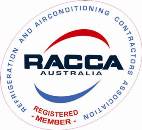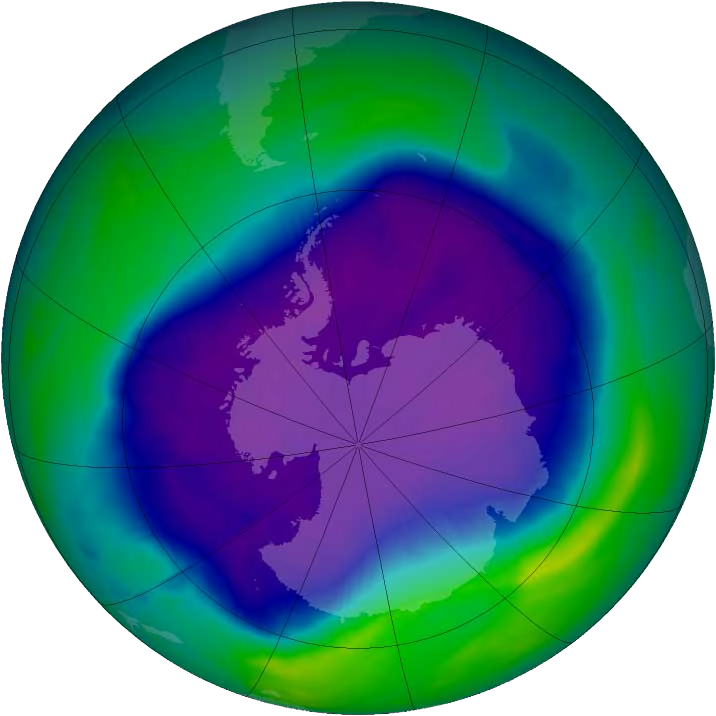Australia has become one of the first of ten countries to ratify the Kigali Amendment to the Montreal Protocol.
The Kigali Amendment to the Montreal Protocol is a major international agreement to reduce global production and use of hydrofluorocarbons (HFCs), which are highly potent synthetic greenhouse gases.
This early ratification cements the leading role Australia played in reaching this agreement, including as the co-chair of the negotiations, which concluded in October 2016.
Under the Kigali Amendment, Australia and other developed countries will reduce the use of HFCs by 85 percent by 2036. Action to phasedown HFCs will contribute towards meeting Australia’s responsible Paris Agreement target of reducing emissions by 26 to 28 percent on 2005 levels, by 2030.
The Turnbull Government has already passed legislation to implement this phasedown domestically. Australia’s import of HFCs will start reducing in 2018 over a gradual step-down path until 2036.
The long phase-down period means that consumers can continue to use equipment with HFCs until the end of its useful life. There are already new technologies on the market which use fewer HFCs or different technologies altogether.
The Kigali Amendment replicates the successful approach taken under the Montreal Protocol to phase out ozone depleting substances, 99 percent of which have been phased out to date. This has seen a significant reduction of those substances in the atmosphere, and predictions that the ozone layer will be repaired by the middle of this century in the mid-latitudes and about 20 years later in Antarctica.
Australia has long been a strong supporter and leader of action on the protection of the ozone layer under the Montreal Protocol. With universal acceptance, it is widely considered the world’s most successful environment protection agreement.
This is a joint media release from released by Minister of Foreign Affairs, Julie Bishop, and Minister for the Environment and Energy, Josh Frydenberg. This media release was edited slightly prior to publication, and was originally published here.
Image via Wikipedia.




